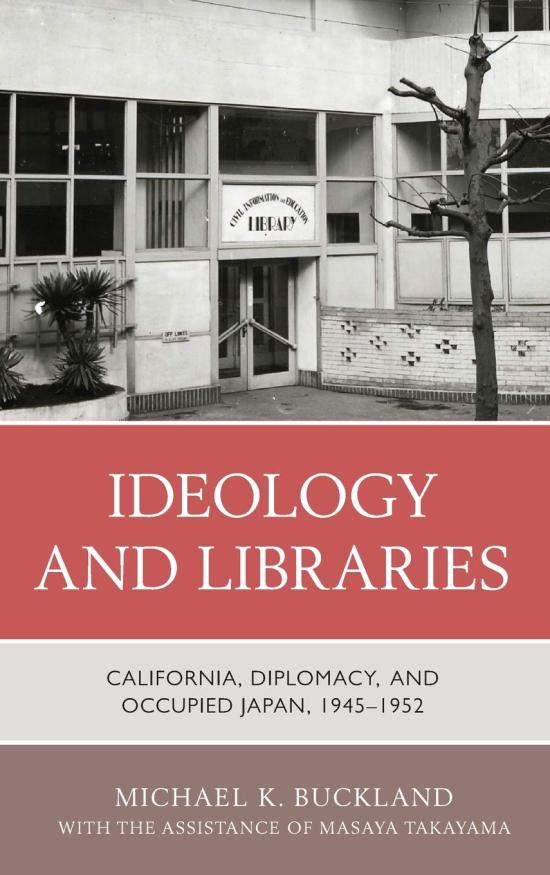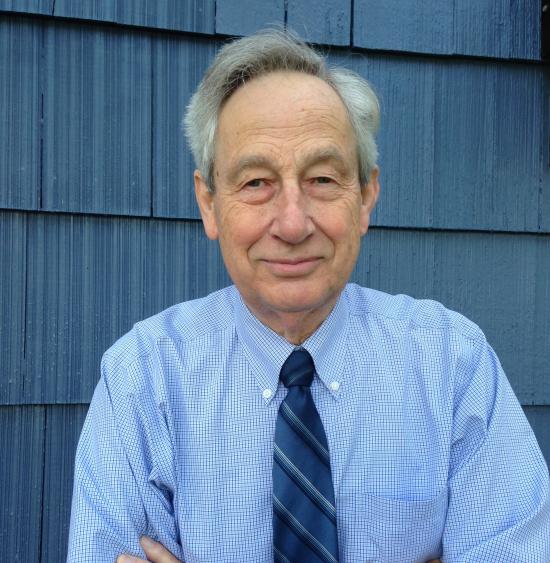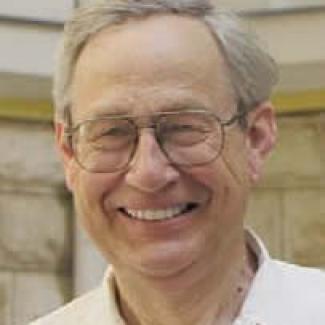Book Talk: Ideology and Libraries
In 1950 our alumnus Robert Gitler ’31 went to Japan to found Japan’s first college-level school of librarianship. In the 1990s I recorded and edited his reminiscences, published as Robert Gitler and the Japan Library School (Scarecrow, 1999).
However, curiosity about his improbable success led me continue to examine the Allied occupation of Japan more closely, and also California’s own library history, the use of libraries in diplomacy, and this School’s role. Also, more generally, how and why do library services differ within and between cultural contexts? And how valid is the supposed relationship between public libraries and democracy? And what is implied for the future of schools of information by present challenges and discontents? The outcome, completed with the help of former visiting scholar Masaya Takayama, is Ideology and Libraries: California, Diplomacy, and Occupied Japan 1945–1952 (Rowman & Littlefield, out later this month.)
I will summarize what was found.
Starting in Fall 2020, participants must have a Zoom account and be logged in. Sign up for your free account here.
If this is your first time using Zoom, please allow a few extra minutes to download and install the browser plugin or mobile app.
Michael Buckland is emeritus professor in the School of Information and co-director of the Electronic Cultural Atlas Initiative. He grew up in England and studied history at Oxford and librarianship at Sheffield University. He trained at the Bodleian Library in Oxford and moved to the University of Lancaster Library in 1965. In 1972, Buckland moved to the United States to be Assistant Director of Libraries for Technical Services at Purdue University Libraries before becoming Dean of the School of Library and Information Studies at Berkeley from 1976 to 1984. He served from 1983 to 1987 as Assistant Vice President for Library Plans and Policies for the nine campuses of the University of California. Professor Buckland's interests include bibliography, library services, search and discovery, cultural heritage, and the history and theory of documentation.











